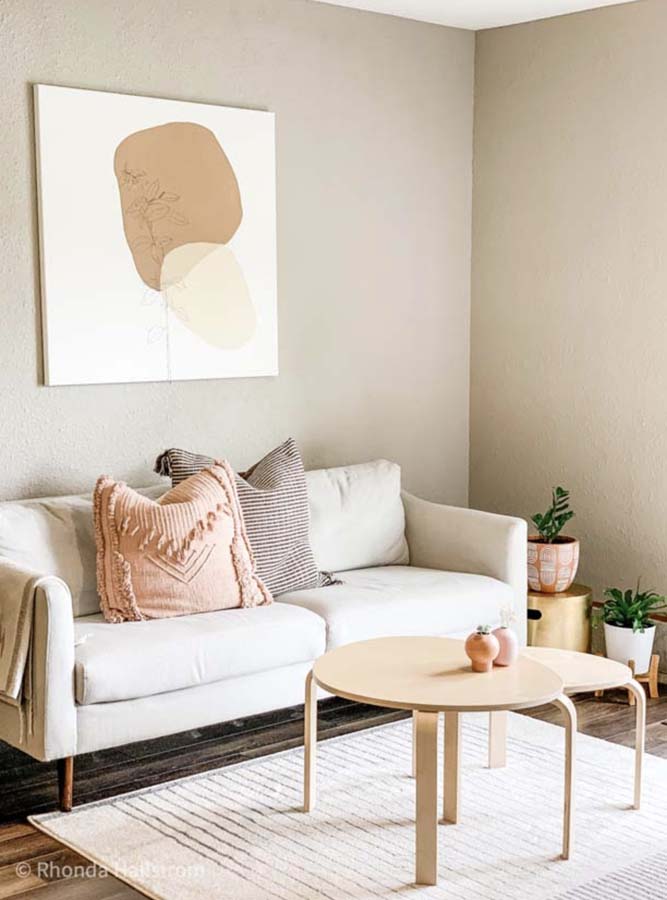
In a world cluttered with excess and material possessions, embracing a minimalist lifestyle offers a refreshing path to freedom and simplicity.
This beginner's guide presents eight transformative steps to help you embark on this journey of intentional living.
From understanding the core principles of minimalism to decluttering your possessions, budgeting wisely, and curating a minimalist wardrobe and home design, this guide will inspire and empower you to create a life of clarity and purpose.
Get ready to embrace the beauty of simplicity and experience the liberating power of minimalism.
Understanding Minimalism
To fully grasp the concept of minimalism, it is essential to understand the fundamental principles that guide this lifestyle choice.
Minimalism is not just about owning fewer possessions; it is a mindset that embraces simplicity, intentionality, and freedom.
Understanding minimalism involves recognizing that our society often values material possessions and consumerism, which can lead to clutter, stress, and a lack of fulfillment.
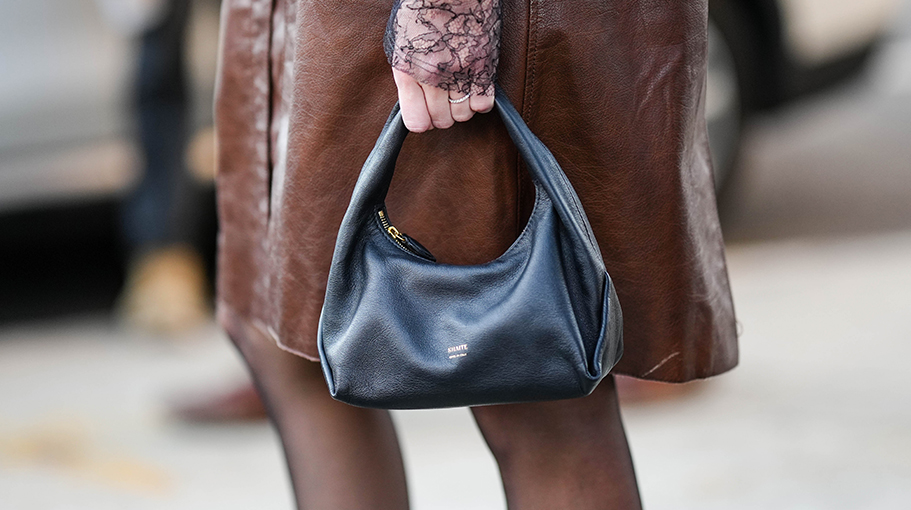
By adopting a minimalist lifestyle, individuals seek to eliminate excess and focus on what truly matters. This includes decluttering physical spaces, organizing belongings, and prioritizing experiences over material possessions.
Minimalism encourages individuals to be intentional with their choices, live within their means, and practice gratitude for what they have.
Through understanding minimalism, individuals can embark on a journey towards a more meaningful and fulfilling life.
Starting Your Minimalist Journey
Embarking on your minimalist journey begins with a commitment to intentional living. To get started, it is important to cultivate a minimalist mindset, which involves a shift in perspective and a desire for freedom from material possessions.
Start by decluttering your living space, focusing on one area at a time. Ask yourself if each item brings you joy or serves a practical purpose. Be ruthless in letting go of things that no longer serve you.
As you simplify your physical environment, you will also need to simplify your schedule and commitments. Learn to prioritize your time and say no to activities that do not align with your values and goals.
Reducing Possessions
Reducing possessions is an essential step in embracing a minimalist lifestyle. By letting go of unnecessary items, we can experience the numerous benefits of minimalism, such as increased mental clarity, reduced stress, and improved focus.

To effectively declutter, practical tips like sorting items into categories, setting realistic goals, and adopting a one-in-one-out rule can be implemented.
Additionally, understanding and addressing the emotional attachment we often have to our possessions is crucial in successfully reducing our belongings.
Benefits of Minimalism
How can minimalism improve our lives by reducing our possessions?
By embracing a minimalist lifestyle, we can experience numerous benefits that go beyond just decluttering our physical space. One of the key advantages of minimalism is the promotion of mindfulness.
When we reduce our possessions, we become more aware of what truly matters to us, allowing us to focus on what brings us joy and fulfillment. This increased mindfulness also extends to our self-care practices.
Minimalism encourages us to prioritize self-care by simplifying our routines, reducing stress, and creating space for activities that nourish our mind, body, and spirit.
By letting go of excess possessions, we free ourselves from the burden of materialism and embrace a life of freedom, intentionality, and purpose.
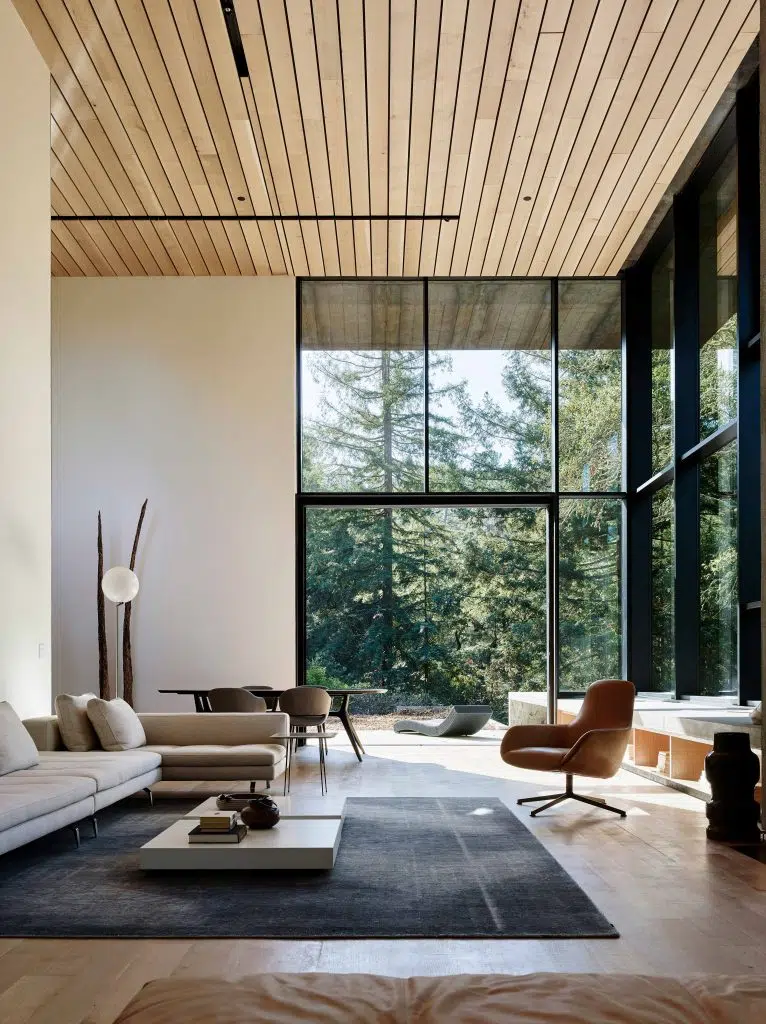
Minimalism enables us to live a more meaningful and fulfilling life, one that is aligned with our true values and desires.
Practical Decluttering Tips
By embracing minimalism, individuals can effectively streamline their possessions, leading to a more intentional and purposeful lifestyle. Decluttering is an essential step towards achieving this minimalist mindset. Here are some practical decluttering tips to help you reduce your possessions and create a more minimalist living space:
- Start small: Begin by tackling one area at a time, such as a closet or a specific room. Breaking the process into smaller tasks will make it feel less overwhelming.
- Sort and categorize: Take everything out and categorize items into three piles: keep, donate/sell, and discard. Be ruthless in your decision-making process and let go of items that no longer serve a purpose or bring you joy.
- One in, one out: Adopt the practice of only bringing in new items when you remove something old. This will prevent clutter from accumulating over time.
- Embrace minimalist decor: Choose furniture and decorations that are functional, timeless, and bring you joy. Opt for clean lines, neutral colors, and open spaces to create a calming and clutter-free environment.
Emotional Attachment to Possessions
What emotional factors contribute to our attachment to possessions?
Our attachment to possessions stems from a complex interplay of emotions, memories, and societal influences. We often form emotional connections to our belongings, attributing sentimental value to them. These possessions become intertwined with our identity, representing who we are and what we value.
Letting go of these possessions can be challenging, as it means parting with a piece of ourselves. However, it is important to recognize that true freedom lies in detaching ourselves from material possessions. By reducing our possessions and embracing a minimalist lifestyle, we create space for personal growth, clarity, and a deeper sense of fulfillment.
It is liberating to realize that our worth is not defined by the things we own, but by the experiences we have and the relationships we cultivate.
Minimalist Budgeting
When it comes to minimalist budgeting, there are a few key points to consider.
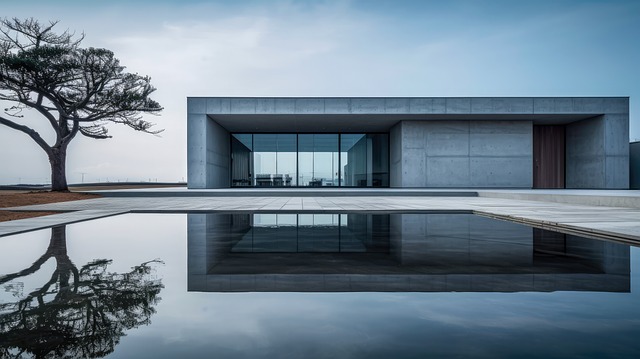
First, it's important to prioritize saving over spending, by cutting back on unnecessary expenses and setting aside money for future goals.
Second, distinguishing between essential and non-essential expenses can help to reduce unnecessary spending and focus on what truly matters.
Lastly, practicing financial mindfulness involves being aware of your spending habits and making conscious choices that align with your values and long-term financial well-being.
Saving Vs. Spending
One must prioritize saving over spending when practicing minimalist budgeting. By focusing on saving, individuals can achieve their financial goals and create a sense of freedom in their lives.
Here are four key reasons why saving should take precedence over spending in a minimalist budget:
- Financial security: Saving allows you to build an emergency fund and protect yourself from unexpected expenses, giving you peace of mind and stability.
- Freedom and flexibility: With a solid savings cushion, you have the freedom to make choices that align with your values and passions, whether it's pursuing a new career or taking time off to travel.
- Reduced stress: By cultivating a habit of mindful spending and saving, you can avoid the stress that comes with living paycheck to paycheck and constantly worrying about money.
- Long-term goals: Saving enables you to make progress towards your long-term goals, such as buying a house, starting a business, or retiring early.
Essential Vs. Non-Essential
Prioritizing essential expenses is crucial in minimalist budgeting, as it allows individuals to focus on the necessities and eliminate unnecessary spending.
When adopting a minimalist lifestyle, it is important to distinguish between essential and non-essential expenses. Essential expenses include basic needs such as food, shelter, utilities, and healthcare. These are the expenses that are necessary for survival and well-being.
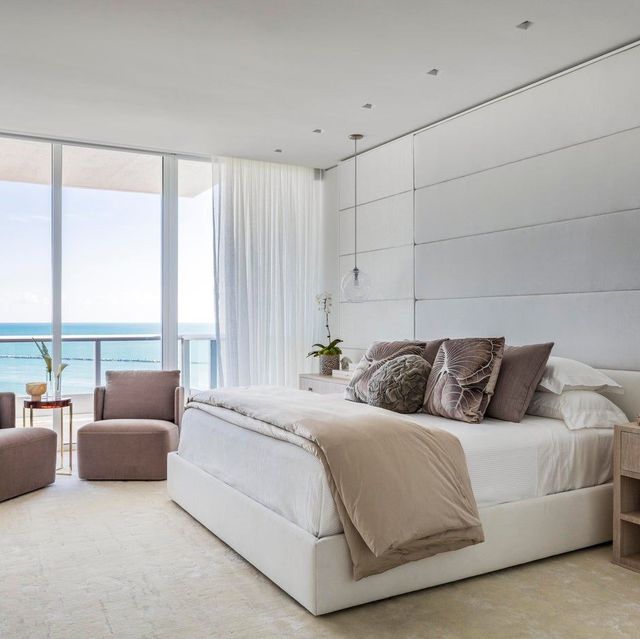
On the other hand, non-essential expenses refer to luxury items, excessive entertainment, and impulsive purchases that do not contribute to our overall happiness and fulfillment.
By prioritizing essential expenses, we can allocate our financial resources towards what truly matters to us and let go of material possessions that only weigh us down.
Embracing a minimalist lifestyle benefits us by providing financial freedom, reducing stress, and allowing us to focus on experiences and relationships that bring us joy and fulfillment.
Financial Mindfulness
To effectively practice minimalist budgeting, it is essential to cultivate financial mindfulness. Mindful spending is a key component of this approach, as it allows individuals to make intentional choices about where their money goes. By practicing financial mindfulness, one can achieve a sense of control over their finances and work towards the goal of financial freedom.
Here are four steps to help you embrace this mindset:
- Track your expenses: Keep a record of every purchase you make. This will help you identify areas where you may be overspending and make adjustments accordingly.
- Prioritize your spending: Determine what truly brings you joy and allocate your resources accordingly. Cut back on non-essential expenses that don't align with your values.
- Set financial goals: Establish clear objectives for your money, whether it's saving for a trip or paying off debt. Having specific targets will keep you motivated and focused.
- Practice gratitude: Cultivate a mindset of appreciation for what you already have. This will help you resist the temptation of unnecessary purchases and find contentment in simplicity.
Intentional Buying
When it comes to embracing a minimalist lifestyle, it is important to be deliberate in our purchasing decisions. Intentional buying is the key to mindful consumption and adopting a minimalist mindset.
It involves carefully considering our needs and priorities before making any purchases. Rather than being driven by impulse or societal pressure, intentional buying empowers us to make conscious choices that align with our values and goals.
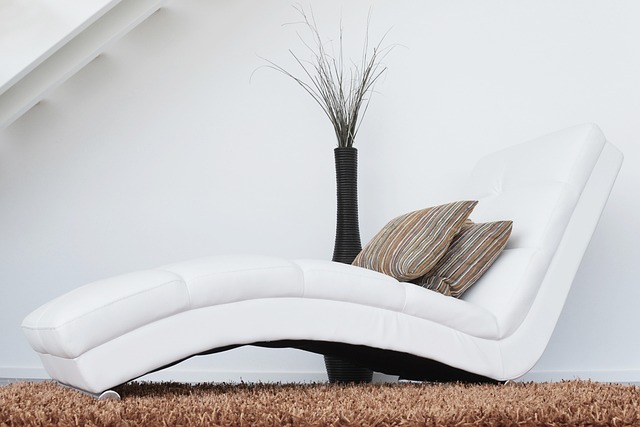
By being mindful of our spending habits, we can avoid accumulating unnecessary possessions and focus on what truly brings us joy and fulfillment. Intentional buying also helps us save money, reduce waste, and contribute to a more sustainable future.
Minimalist Wardrobe
Creating a minimalist wardrobe requires careful selection and intentional curation. By embracing a capsule wardrobe, you will not only simplify your life but also contribute to sustainable fashion practices. Here are four steps to help you build a minimalist wardrobe that aligns with your desire for freedom:
- Assess your current wardrobe: Take stock of what you have and identify pieces that truly bring you joy and serve your lifestyle. Let go of items that no longer serve a purpose or bring you happiness.
- Define your personal style: Determine the colors, patterns, and silhouettes that resonate with you. This will serve as a guide when making future purchases.
- Invest in quality essentials: Focus on timeless pieces that can be mixed and matched effortlessly. Select high-quality materials and well-made garments that will stand the test of time.
- Shop mindfully: Before making a purchase, ask yourself if the item aligns with your personal style and if you truly need it. Consider ethical and sustainable brands that prioritize fair labor practices and environmental consciousness.
With these steps, you can create a minimalist wardrobe that reflects your values and provides you with the freedom to focus on what truly matters.
Embracing Simplicity
Simplicity is a fundamental aspect of embracing a minimalist lifestyle. It goes beyond decluttering physical possessions; it also involves simplifying relationships and practicing minimalist self-care.
In today's fast-paced world, it is easy to get caught up in the complexities of our social connections. Adopting simplicity in relationships means focusing on quality rather than quantity. Surround yourself with people who bring value and joy into your life, and let go of toxic or draining relationships.
Similarly, minimalist self-care emphasizes the importance of prioritizing your well-being without overwhelming yourself with excessive routines or products. It means embracing simplicity in your self-care practices by choosing activities and products that truly nourish and rejuvenate you.
Minimalist Home Design
One key aspect of a minimalist lifestyle is adopting a minimalist home design. Creating a minimalist home not only helps you declutter your physical space but also promotes a sense of calm and freedom.
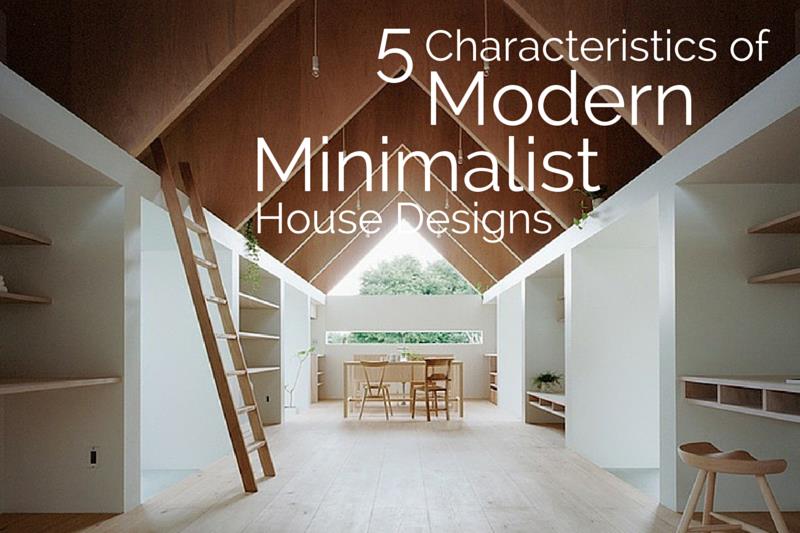
Here are four ways to incorporate minimalist decor and furniture into your home:
- Declutter: Remove unnecessary items and keep only the essentials. This will create a clean and open space.
- Simplify color palette: Opt for neutral colors like white, gray, and beige to create a sense of serenity and simplicity.
- Streamline furniture: Choose furniture pieces with clean lines and minimalistic designs. Avoid bulky and unnecessary pieces that take up space.
- Embrace natural light: Maximize natural light by keeping windows clear and using sheer curtains. This will make your space feel bright and airy.
Frequently Asked Questions
How Can I Incorporate Minimalism Into My Daily Routine?
Incorporating minimalism into your daily routine involves creating a minimalist workspace and incorporating minimalism into home decor. By simplifying your surroundings and focusing on essential items, you can experience a sense of freedom and clarity in your life.
What Are Some Common Challenges People Face When Transitioning to a Minimalist Lifestyle?
Transitioning to a minimalist lifestyle comes with common challenges, such as letting go of sentimental items, resisting consumerism, and adjusting to a simpler way of living. However, embracing minimalism can bring a sense of freedom and fulfillment to one's life.
Can Minimalism Be Practiced in a Family Setting With Children and Pets?
Minimalism can certainly be practiced in a family setting with children and pets. By prioritizing quality over quantity, creating designated spaces for belongings, and instilling mindful habits, minimalism enhances child rearing and pet ownership while promoting freedom and simplicity.
Are There Any Tips for Maintaining a Minimalist Lifestyle While Traveling or Moving Frequently?
Maintaining a minimalist lifestyle while traveling or moving frequently requires careful planning and organization. Tips include adopting a minimalist mindset in a digital age, creating a minimalist wardrobe for frequent travelers, and prioritizing experiences over material possessions.
How Can Minimalism Positively Impact Mental Health and Overall Well-Being?
Minimalism positively impacts mental health and overall well-being by reducing stress, increasing focus, and promoting mindfulness. By simplifying our lives, we can create more space for meaningful experiences and relationships, fostering a sense of freedom and fulfillment.
 Business & FinanceHealth & MedicineTechnologyLifestyle & CultureScience & EnvironmentWorld NewsPrivacy PolicyTerms And Conditions
Business & FinanceHealth & MedicineTechnologyLifestyle & CultureScience & EnvironmentWorld NewsPrivacy PolicyTerms And Conditions
